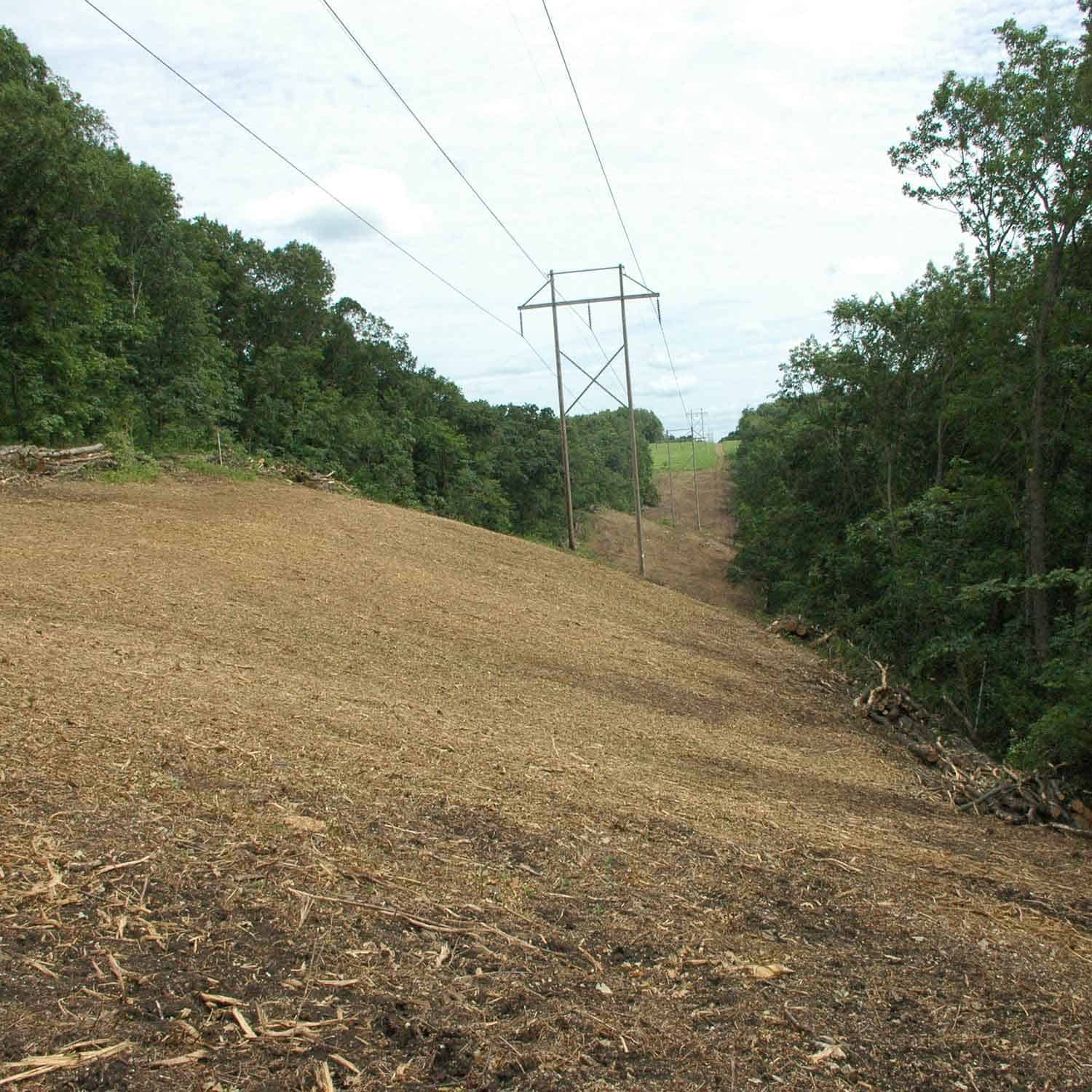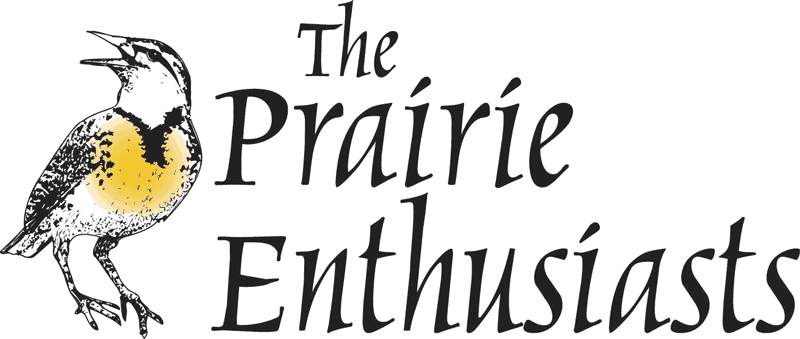Upcoming Conservation Congress-What You Can Do
Written by Tim Eisele

The annual spring Conservation Congress advisory meetings allows all citizens to vote on questions involving Wisconsin’s natural resources. Often, people think that the Conservation Congress questions are only for people who hunt and fish, but that is not the case. Natural resources belong to everyone and everyone in Wisconsin can vote on all of the questions, or on only those questions that pertain to their concerns.
This year voting will take place at in-person meetings held in every county of the state the evening of Monday, April 8, or people who want to just vote from their home can access the questionnaire from their computer and vote from April 10 through April 13.
Some of the questions involve health of the land, insects and wildlife.
A sampling of questions:
- Would you support the Wisconsin Conservation Congress advising the Department of Natural Resources Natural Heritage Conservation Bureau to request powerline companies refrain from mowing during the summer months and encourage powerline companies to work with private landowners to manage powerline vegetation that provides habitat for insects and wildlife?
-
- A specific land use question is concerned about mowing down low-growing native vegetation under powerlines during the summer nesting season.
- Milkweed is the one basic plant required by monarch butterflies, and the wintering population of monarchs reached the second lowest ever this past winter.
- Question 39 on the Conservation Congress questionnaire is aimed at urging powerline companies to not mow low native vegetation during the summer.
- Explanatory material says that although powerlines need to eliminate tall trees under powerlines, the low-growing milkweed, hazel and dogwood are used by monarch caterpillars and nesting songbirds
- Mowing in the summer not only destroys the milkweed containing monarch eggs and caterpillars, but also songbird and wild turkey nests.
- It may seem like a small thing, but powerline companies have thousands of miles of powerlines in Wisconsin, which pass over private land managed by private landowners.
-
- Do you support DNR using their resources and working with the Bluebird Restoration Association of Wisconsin to expand nesting box monitors and to help educate the public about the impact of pesticides on grassland bird populations?
-
- Another question notes that there has been a decline of 2.9 billion birds within North America since 1970, and grassland birds were declining the most by 53% over 50 years.
- The Bluebird Restoration Association of Wisconsin works to reestablish the population of the Eastern bluebird and other cavity nesting birds in the state that have significantly declined since the mid-1960s.
-
- Do you support the DNR and other conservation groups creating an awareness campaign focused on the adverse impact outdoor cats have on Wisconsin’s wild bird populations?
-
- A similar question aimed at reducing the mortality of wild birds, says that house cats let out-of-doors, kill an estimated billion birds each year in the United States. Education about the impact of free-roaming cats could change the behaviors of pet owners and reduce bird mortality.
-
-
Would you support the Conservation Congress working with the state legislature to designate the monarch butterfly as the Wisconsin state butterfly?
-
-
Another question states that the monarch butterfly has continued to decline in Wisconsin. If it were to be designated as the state butterfly, more citizens may take action to support raising monarchs.
-
-
Other questions include:
- phasing out lead ammunition in hunting with firearms by 2030
- eliminating landowner preference for 30% of spring turkey hunting permits
- prohibiting the use of wake boat ballast systems on Wisconsin lakes and rivers to help reduce the spread of invasive species
- allowing the public to legally walk directly across railroad tracks/right of ways for purposes of accessing state lands and waters
- banning the shining of wildlife in Wisconsin from September 15 through December 31.
Many questions include regulations for hunting and fishing and are asked by both the Conservation Congress and the Department of Natural Resources.
This spring’s in-person meetings will take place on Monday, April 8, one in every county of the State. Locations are often schools or municipal buildings, and locations are publicized and listed on the DNR website.
Doors will open 6 P.M for the meetings Monday, April 8, with DNR staff available at 6:30, followed by election of open positions for County Congress delegates at 7 p.m. and then voting on advisory natural resources questions presented by the DNR and Conservation Congress from 7:30 to 9 p.m.
People who prefer to vote online from their home will have that opportunity from noon, Wednesday April 10 until noon, Saturday, April 13. Using your computer or cell phone you can go to the DNR website to vote on questions, or directly to https://dnr.wisconsin.gov/about/wcc/springhearing.
Citizens can vote on all or only those questions they have an opinion on from the list of advisory questions presented by the DNR and from the Conservation Congress.
Votes must be made by noon on Saturday, April 13.
For people who want to vote and cannot attend the in-person meeting and do not have online access, they can contact Kari Lee-Zimmermann, DNR Conservation Congress Liaison, (Cell Phone: (608) 219-9134) and with enough advance notice she will mail a questionnaire, but it must be returned by the deadline of April 13.
If you have questions or would like more information, feel free to contact Tim Eisele, private woodland owner in Crawford County, at (608) 604-1933. Photos are available showing a powerline containing native vegetation, including milkweed, and the empty powerline following mowing and mulching of all the vegetation. Why am I sending this out? Linda and I were 1 of 8 people who submitted the powerline question in 8 counties in 2023. It was approved in all 8 counties and now is going statewide to all 72 counties and we feel many landowners will be interested in it.
